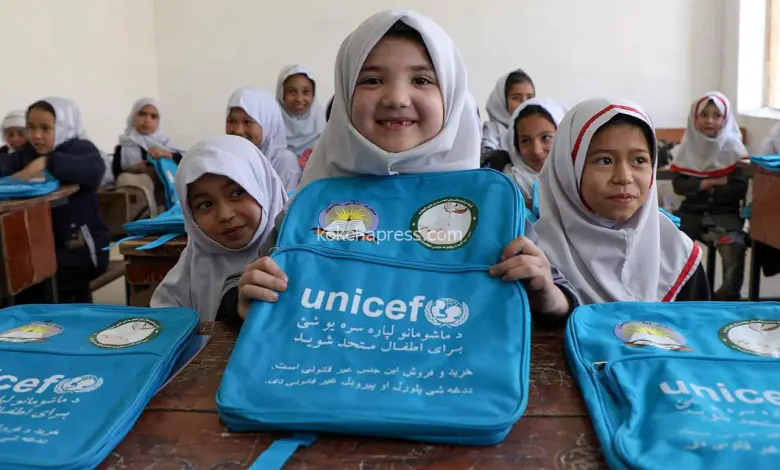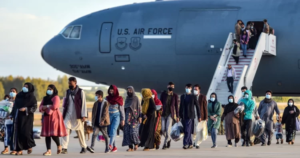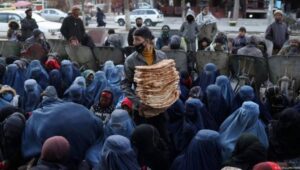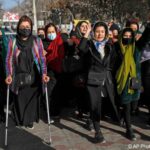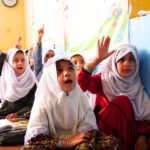Local media reports indicate that local authorities of the caretaker government in Bamiyan province have closed accelerated educational classes supported by the United Nations Children’s Fund (UNICEF) in this province.
Reports indicate that these educational classes were established with financial support from UNICEF by the institutions “Afghan Development” and “National Development and Initiative” for girls who had dropped out of school and were below the sixth grade.
At least three sources also confirmed that Enayatullah Sahar, the head of education in Bamiyan, instructed the heads of the education department in this province on (Tuesday, November 26) to close all accelerated classes supported by international organizations “until further notice.”
The reason for this action by the head of education in Bamiyan province is not yet clear.
Sources say that around two thousand female students were attending these classes, most of whom were in the fourth and fifth grades.
UNICEF has not yet commented on this matter.
Additionally, media reports indicate that local officials in Urozgan province have recently closed UNICEF educational classes and those of the Norwegian Refugee Council.
Previously, educational classes of aid organizations in Helmand and Kandahar provinces had also been closed.
This comes at a time when, following the return of the caretaker government to power in Afghanistan, the rights and freedoms of women and girls have been severely restricted, and in addition to the ban on girls’ education beyond the sixth grade, women and girls have also been prohibited from attending universities.
The current government’s restrictions have resulted in millions of female students being deprived of education.
Furthermore, women are banned from going to gyms, restaurants, public baths, being examined by male doctors, traveling without a male guardian, and working in domestic and international NGOs as well as even in UN offices in Afghanistan.

